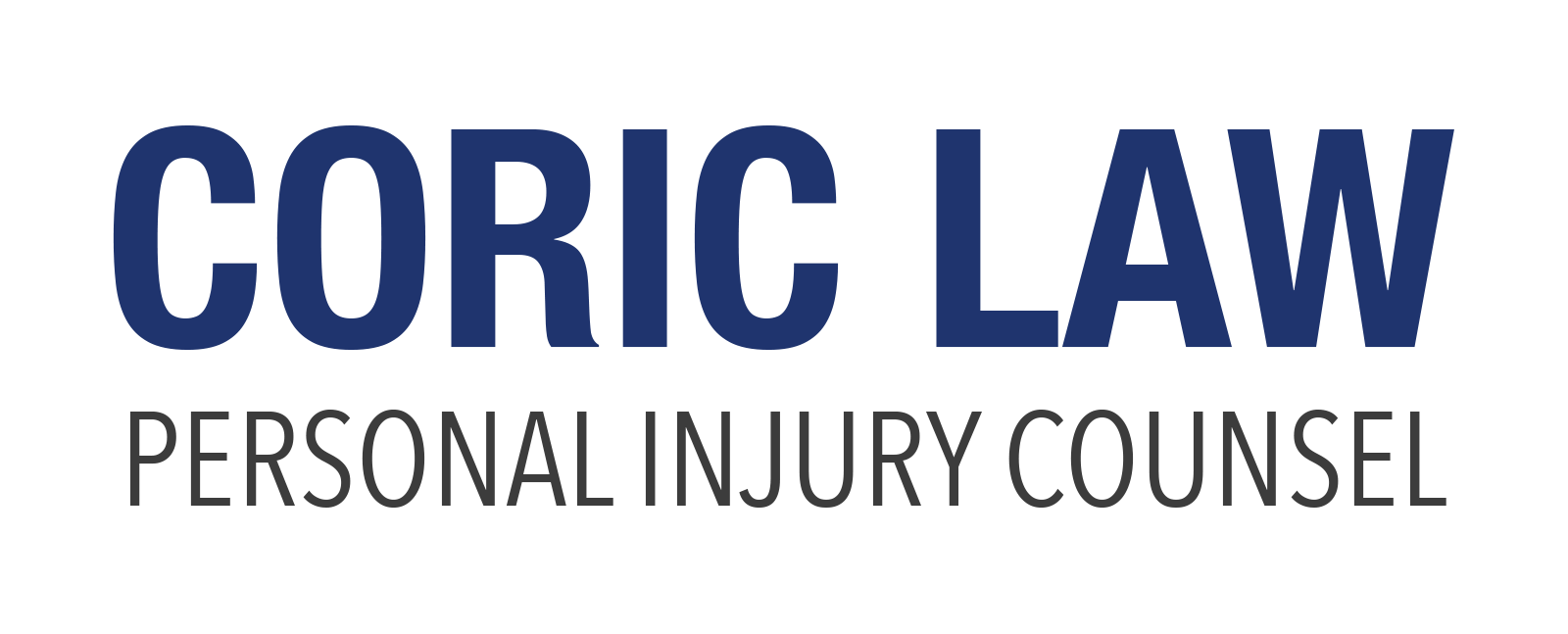Chiropractors can provide enormously valuable treatment to those suffering from motor-vehicle accident-related injuries. What once was viewed as an alternative medical treatment has gained widespread acceptance amongst traditional medical practitioners. If you have been injured in a car accident, ICBC recognizes the value in receiving treatment from a chiropractor – it is one form of medical treatment that is explicitly covered in your insurance policy. These medical service providers often have years of specialized experience that make them adept at identifying and treating the types of injuries resulting from car accidents.
A recent agreement between ICBC and the BC Chiropractic Association (BCCA), however, can affect how you decide to receive your chiropractic treatment. This article describes the agreement and how it may influence your treatment decision-making process.
The new agreement creates two systems for obtaining coverage for chiropractic treatment. Some chiropractors have opted-in to the agreement and some have not. You will decide whether you want to see one who is “in” or one who is “out.” If you choose treatment with a chiropractor that has opted-in, ICBC will pay $150 for the first two treatments, $750 if you require more than two but less than roughly 15 treatments and $900 if more than 15 treatments are required. In other words, the amount that is covered for chiropractic treatment is capped at $900. Even if you need treatment in excess of $900, ICBC will not automatically cover that amount. If you choose treatment with a chiropractor that has opted-out, then you will receive the number of treatments the chiropractor deems necessary. You will be covered up to a certain amount through ICBC, and then you will be required to pay any additional “user fees” above this amount. These costs may be recoverable if you sue ICBC.
The drawbacks to this agreement are more apparent the more severe your injuries are. If your injuries are severe and you need more than 15 treatments then you will be responsible for paying for each additional session. Moreover, the agreement may lead to some chiropractors providing you with as few treatments as possible, since with the tier system they receive the same amount of money for providing three treatments as they would for ten treatments. Obviously, you may need more treatments and you will want a system that allows a chiropractor to supply you with the number of treatments you need.
Because of the way the agreement is structured, if you require more than two treatments, you should probably opt to work with a chiropractor outside of the agreement. However, before making this decision you should speak with a BC personal injury lawyer who will help you find a suitable chiropractor and ensure the total cost of your chiropractic and medical treatment is covered by ICBC or recouped in your total damage award.
Mike Coric is a personal injury lawyer who has represented victims of motor vehicle accidents throughout British Columbia for over 15 years. Mike has appeared at every level of Court in British Columbia and conducted trials before a judge and a jury. He acts only for plaintiffs and restricts his practice to BC car accidents and other personal injury circumstances. If you or someone you know has been injured and would like to speak with a lawyer, please call Mike at 604-736-3333.
Follow Coric Law on Instagram at coric.law and on other social media platforms!

